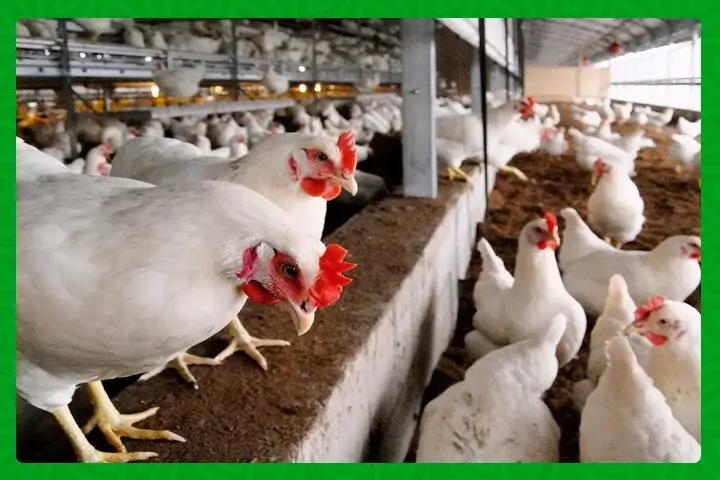
The Tanzanian poultry industry, despite its notable advancements in production and infrastructure, faces formidable challenges from cheap imports and illegal trade. These issues pose significant threats to local farmers and investors, underscoring the urgent need for strategic measures to secure the industry’s future.
The Battle Against Cheap Imports and Illegal Trade
Tanzania’s poultry sector has long contended with the influx of cheap imports and illegal trade, which undermine local production and market stability. To enhance competitiveness within the Southern African Development Community (SADC), the East African Community (EAC), and on a global scale, the government and industry stakeholders must focus on reducing operational costs. This strategy aims to make poultry products more affordable for Tanzanian consumers while boosting regional exports, attracting foreign exchange, and fostering investment.
A Historical Perspective
Tanzania’s poultry industry has a history of struggling against external pressures. In March 2005, the local market was inundated with Brazilian chicken sold at Tsh2,000 (US$2) due to a bird flu-induced ban on South African poultry, significantly undercutting local producers. The government responded by urging farmers to improve quality and called for stronger regulations to monitor imports and prevent dumping.
By June 2006, Tanzania had implemented a ban on poultry imports to protect against bird flu, a measure that was reinforced in June 2016 with a ban on chicks and fresh poultry meat from certain countries. However, global pressures continued. In July 2017, the U.S. pushed Tanzania to lift its poultry import ban in accordance with World Trade Organization standards. Tanzania’s commitment to protecting its industry was evident when thousands of illegally imported chicks were destroyed at borders in late 2017 and early 2018.
In July 2022, the government reintroduced a ban on day-old chick imports to safeguard local hatcheries. Despite these protective measures, international interest persisted, with Poland seeking market entry in late 2023. A significant breakthrough occurred in April 2024 when Kenya and Tanzania resolved trade disputes, agreeing on seamless poultry trade.
Current Landscape and Growth
Despite ongoing challenges, Tanzania’s poultry sector has shown impressive growth. Between 2017 and 2023, the chicken population increased at a compound annual growth rate of 6.18%, with exotic chickens surpassing local breeds by 2019. By 2023, the population of exotic chickens had reached 55.7 million, constituting 54% of the total chicken population. Key statistics for 2023 highlighted the production of 132,442 metric tons of poultry meat and 6.41 billion eggs, alongside substantial infrastructure growth that attracted over US$200 million in investments.
Strategic Interventions for a Sustainable Future
To ensure the sustainability and growth of Tanzania’s poultry industry, several strategic interventions are necessary:
- Enhanced Regulatory Framework: Strengthening regulations to monitor imports and prevent illegal trade is crucial. This includes stringent enforcement of existing bans and the implementation of new measures to curb smuggling and dumping.
- Cost Reduction Initiatives: Reducing operational costs through improved production techniques, better supply chain management, and government subsidies can help local producers compete with cheap imports.
- Quality Improvement Programs: Investing in quality enhancement programs for local poultry products will make them more competitive in both local and international markets.
- Promotion of Regional Trade: Leveraging agreements like the recent resolution with Kenya to facilitate seamless poultry trade can open up new markets and opportunities for Tanzanian producers.
- Investment in Infrastructure: Continued investment in infrastructure, such as hatcheries and processing facilities, will support the industry’s growth and improve production efficiency.
The Tanzanian poultry industry’s struggle against cheap imports and illegal trade highlights the need for concerted efforts from the government and stakeholders. By implementing strategic interventions, Tanzania can enhance its competitiveness, protect local producers, and ensure a sustainable future for its poultry sector. As the industry continues to grow, these measures will be vital in securing economic stability and improving the livelihoods of Tanzanian farmers and investors.


















